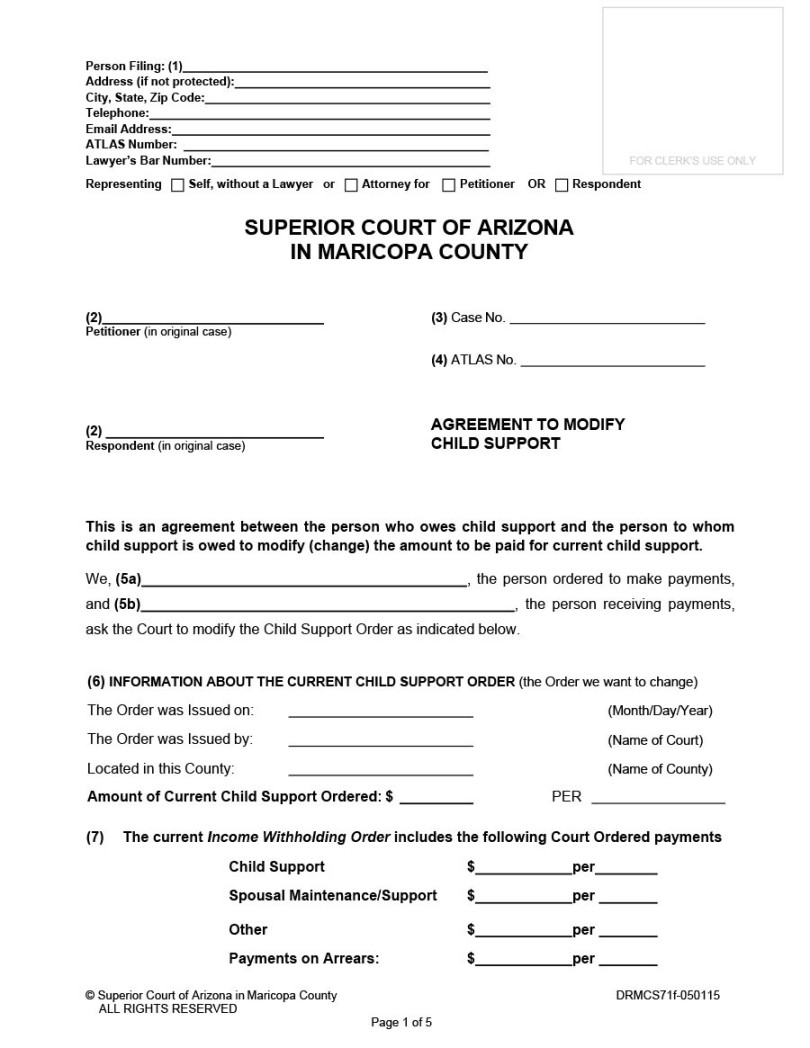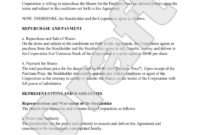A mutual child support agreement template is a legal document that outlines the specific financial obligations of both parents towards their child. It serves as a binding contract between the parents, ensuring that the child’s needs are met consistently. When creating a mutual child support agreement, it is essential to prioritize professionalism and trust to maintain a positive relationship between the parents.
Design Elements for Professionalism and Trust

To convey a sense of professionalism and trust, consider the following design elements:
1. Clear and Concise Language
Avoid Legal Jargon: Use plain language that is easy to understand for both parents.
2. Consistent Formatting
Font: Choose a professional and legible font, such as Times New Roman or Arial.
3. Professional Layout
Margins: Use standard margins (e.g., 1 inch) to ensure readability.
4. Legal Disclaimer
Consult with an Attorney: Include a disclaimer stating that the agreement is not a substitute for legal advice.
Essential Components of a Mutual Child Support Agreement
A well-crafted mutual child support agreement should include the following essential components:
1. Identification of the Parties
Full Names: Provide the full legal names of both parents.
2. Child Information
Names: List the full names of all children covered by the agreement.
3. Child Support Obligations
Payment Amount: Clearly state the amount of child support to be paid.
4. Healthcare Expenses
Health Insurance: Outline the responsibility for providing health insurance coverage.
5. Childcare Expenses
Division of Costs: Specify how childcare expenses will be shared.
6. Extraordinary Expenses
Definition: Define extraordinary expenses (e.g., tutoring, extracurricular activities).
7. Modification of the Agreement
Procedure: Outline the process for modifying the agreement in the future.
8. Dispute Resolution
Mediation or Arbitration: Specify the preferred method for resolving disputes.
9. Signatures
Signatures of Parents: Both parents must sign the agreement to make it legally binding.
Conclusion
A well-designed mutual child support agreement can provide a clear framework for addressing financial obligations and maintaining a positive co-parenting relationship. By incorporating the design elements discussed above, you can create a professional and trustworthy document that effectively protects the best interests of your child.


